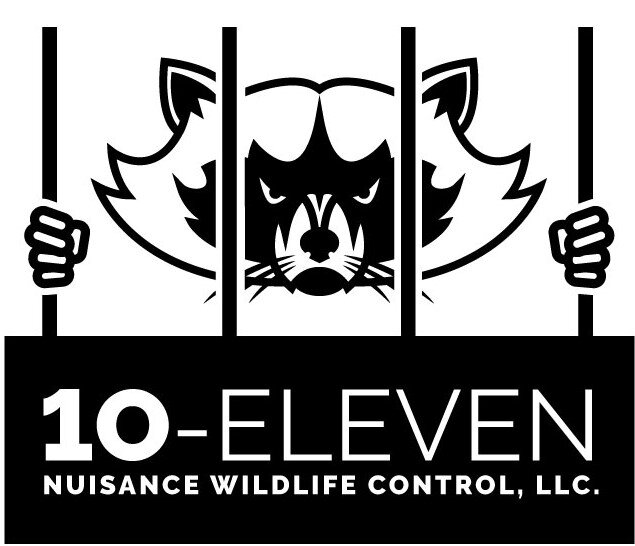Bats in the Attic? Why Acting Early Matters – Especially in Virginia
What You Need to Know About Bat Infestations and the Summer Maternity Blackout Period
As spring turns to summer in Virginia, bat activity ramps up—and for some homeowners, that means an unwelcome surprise: bats roosting in attics, soffits, or other hidden parts of the home. While bats play a crucial role in our ecosystem, controlling insect populations and supporting natural balance, they can become a serious concern when they take up residence indoors.
If you suspect you have a bat infestation, timing is everything—and here in Virginia, the window to legally and humanely remove bats is more limited than many people realize.
Why Bats Choose Homes
Bats, especially species like the Little Brown Bat and Big Brown Bat, often look for warm, dry, and quiet places to roost. Attics, rooflines, vents, and wall voids offer the perfect shelter. Once inside, they can form colonies, leaving behind droppings (guano), odor, and damage to insulation or building materials.
Signs of a bat infestation include:
Noises in the attic or walls around dusk or dawn
Droppings around windows, attic vents, or eaves
Stains or grease marks near small openings on the home’s exterior
Visual sightings of bats entering or exiting the structure at dusk
Virginia’s Summer Maternity “Blackout” Period
Virginia law protects bats, and for good reason—many bat species are in decline, and their survival is crucial for maintaining insect control and biodiversity. Because of this, there is a legally mandated “blackout period” during the summer months when bat colonies cannot be removed, excluded, or disturbed.
This blackout period typically spans mid-May through mid-to-late August, coinciding with maternity season, when female bats give birth and raise their flightless young. Attempting to exclude a bat colony during this time could trap juveniles inside, separating them from their mothers and leading to fatal consequences for the bats—and serious odor and sanitation issues for the homeowner.
What You Can (and Should) Do Now
If you suspect bats are roosting in your home, now is the time to act. At 10-Eleven Nuisance Wildlife Control, we offer comprehensive bat inspections to confirm activity, assess entry points, and plan the necessary steps for removal and exclusion—to be performed legally and safely when the blackout period ends.
By calling us now, we can:
Inspect your home thoroughly for signs of bat activity
Identify access points and colony size
Develop a customized removal and exclusion plan
Get you on our priority list for scheduling the work immediately once legal removal is permitted
The demand for bat work surges once the blackout period lifts, and scheduling fills up fast. Getting your inspection completed before the legal window opens ensures that you’ll be one of the first on our schedule.
Why Trust 10-Eleven?
All of our Wildlife Control Operators (WCOs) are state-permitted and Bat Standards Certified, meaning we follow all federal and state laws for safe, effective, and humane bat removal. We use one-way door systems and complete exclusion sealing to ensure bats are removed and can’t return—without harming the animals.
Book Your Bat Inspection Today
Don’t wait until you’re stuck with a full bat colony and limited options. Contact 10-Eleven Nuisance Wildlife Control today to schedule your inspection and secure your place on our post-blackout period service list.
📞 540-838-1601
🌐 www.10elevennwc.com
10-Eleven Nuisance Wildlife Control
Trusted. Certified. Local. Humane.
Protecting your home—while protecting our native wildlife.
